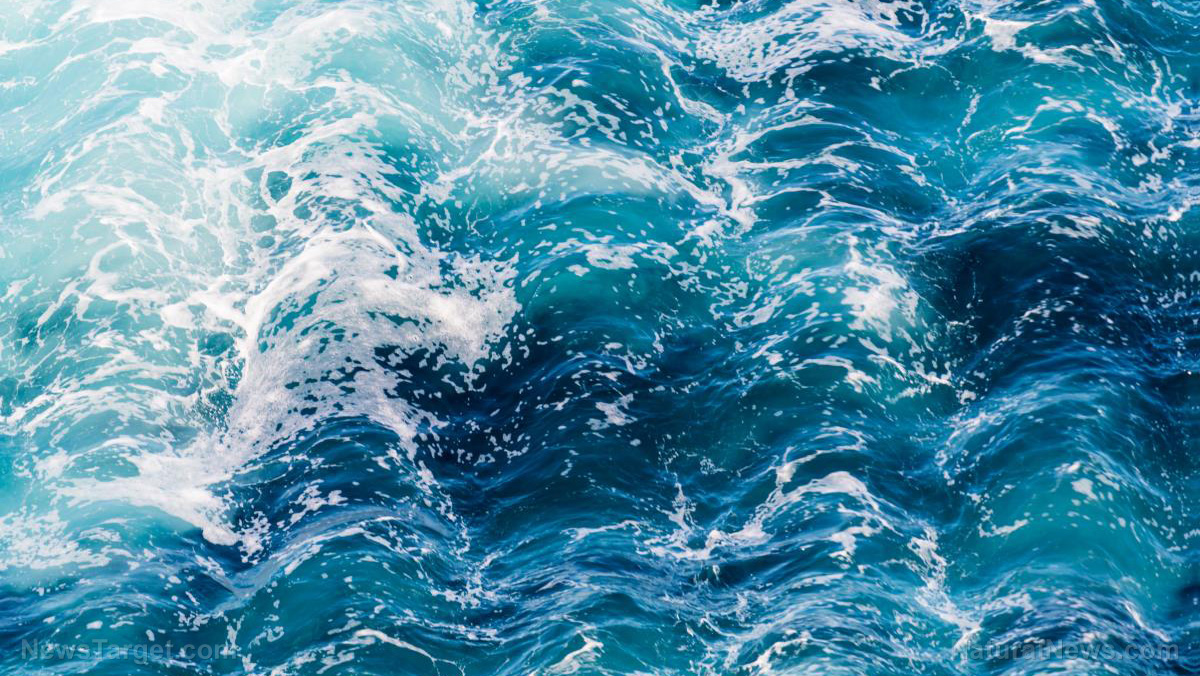 Parler
Parler Gab
Gab
- The Russian cargo ship Ursa Major sank in Mediterranean waters following a suspected terrorist attack.
- The ship was carrying cranes under U.S. sanctions and was en route from St. Petersburg to Vladivostok.
- After distress calls, the Norwegian ship Oslo Carrier 3 was accused of refusing to rescue the 14 surviving crew members.
- Spanish maritime authorities instructed the Norwegian ship not to take on the crew, sparking an international debate over maritime law.
- Russian officials condemned the Norwegian ship's behavior, viewing it as a potential violation of maritime law and a breach of humanitarian obligations.
Russian officials condemn Norwegian ship for not rescuing crew members
Russian officials were swift to condemn the Norwegian ship’s behavior, calling it “outrageous” and a potential violation of maritime law. Kremlin spokesman Dmitry Peskov stated that if confirmed, such a refusal would warrant “universal condemnation.” The incident has sparked international debate over maritime law and the obligations of ships to assist those in distress at sea. However, the Norwegian company’s stance highlights the complex interactions between international maritime authorities and commercial shipping companies. The company’s claim that they were following instructions from the Spanish maritime rescue service challenges the narrative of callousness often associated with shipping companies avoiding difficult decisions. Despite the controversy, the situation remains mired in uncertainty. The exact circumstances that prompted Spain’s decision to advise against immediate rescue efforts remain unclear. The case of the Ursa Major serves as a stark reminder of the high stakes involved in international maritime operations and the potential consequences when different nations and agencies are called upon to work together in emergencies. The sinking of the Ursa Major, a Russian cargo ship carrying equipment to Vladivostok that was under U.S. sanctions, has left a wake of controversy. Despite the Norwegian ship's apparent willingness to assist, a complex interplay of maritime authorities led to the ship's crew not being immediately rescued. This incident highlights the sometimes murky waters of international maritime obligations and the potential for differing interpretations of the law at sea. Sources for this article include: RT.com Reuters.com CNN.com BBC.comIsrael threatens Hamas: Release hostages or face unprecedented escalation in Gaza
By Belle Carter // Share
Steve Quayle and Mike Adams: Globalists pushing INSECTS and FRANKENFOOD to the masses
By Kevin Hughes // Share
How international NGOs racialise and silence Palestinian civil society
By News Editors // Share
Trump’s triumph, Biden’s blunders, and a year of crisis: 2024’s defining moments
By Cassie B. // Share
Governments continue to obscure COVID-19 vaccine data amid rising concerns over excess deaths
By patricklewis // Share
Tech giant Microsoft backs EXTINCTION with its support of carbon capture programs
By ramontomeydw // Share
Germany to resume arms exports to Israel despite repeated ceasefire violations
By isabelle // Share










